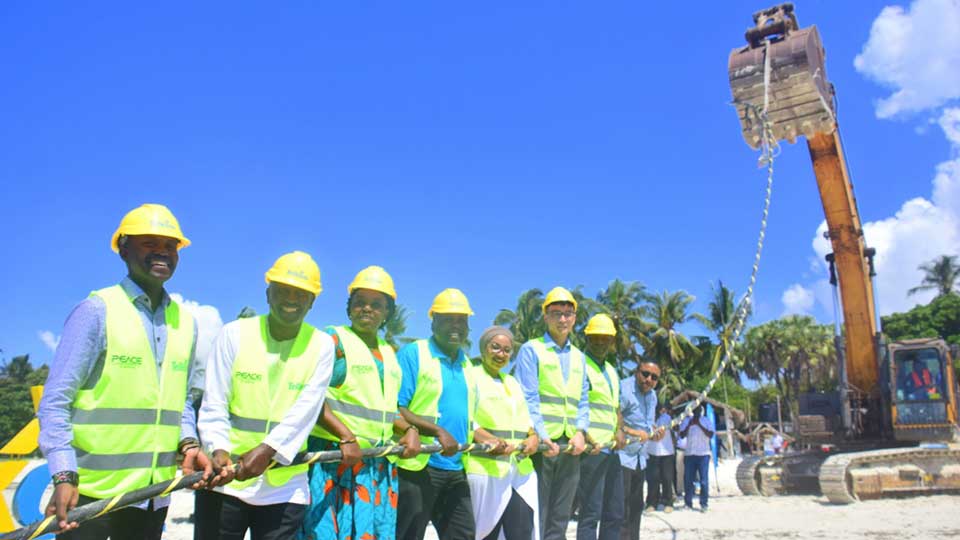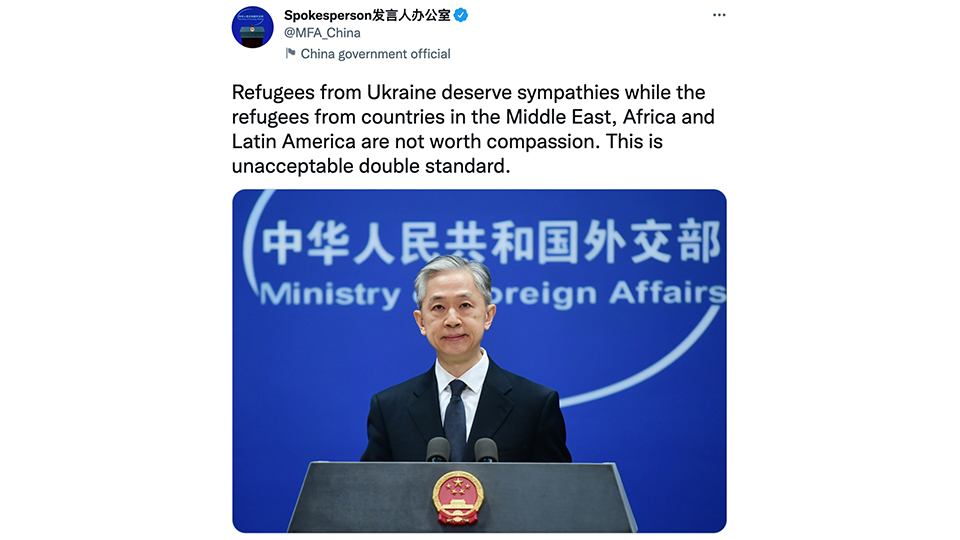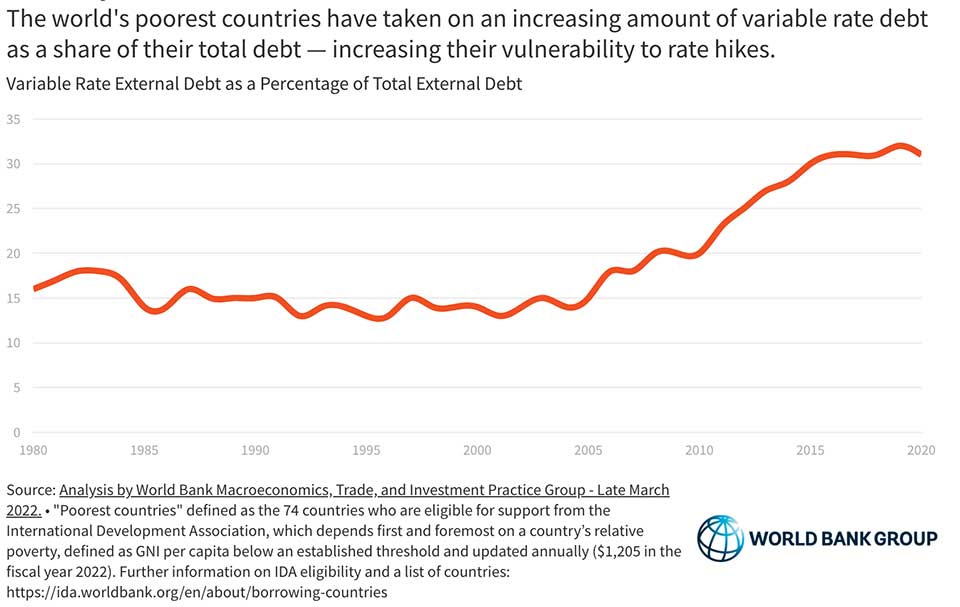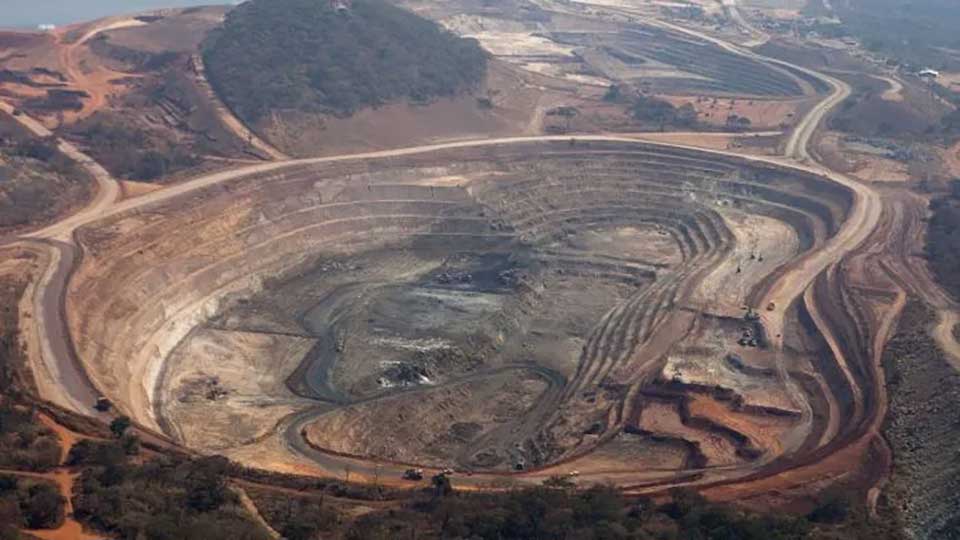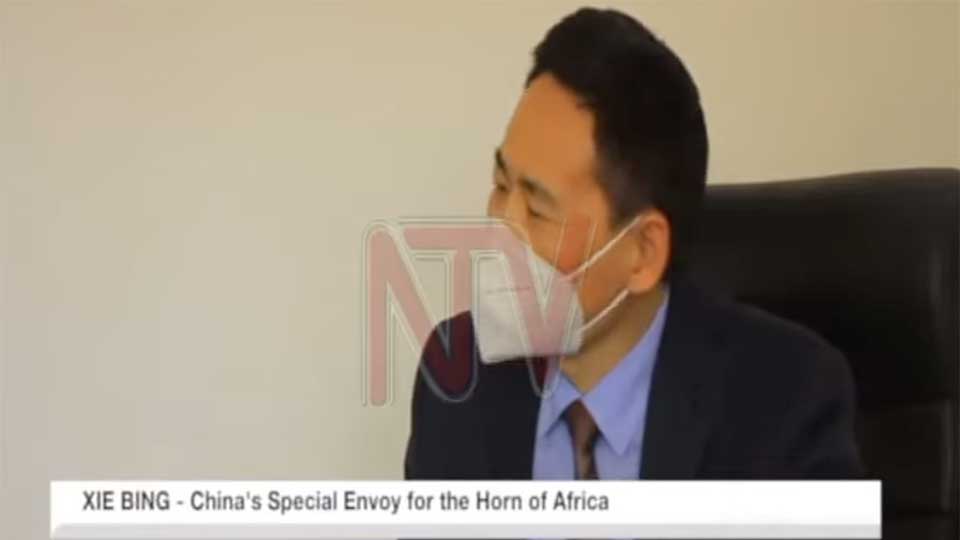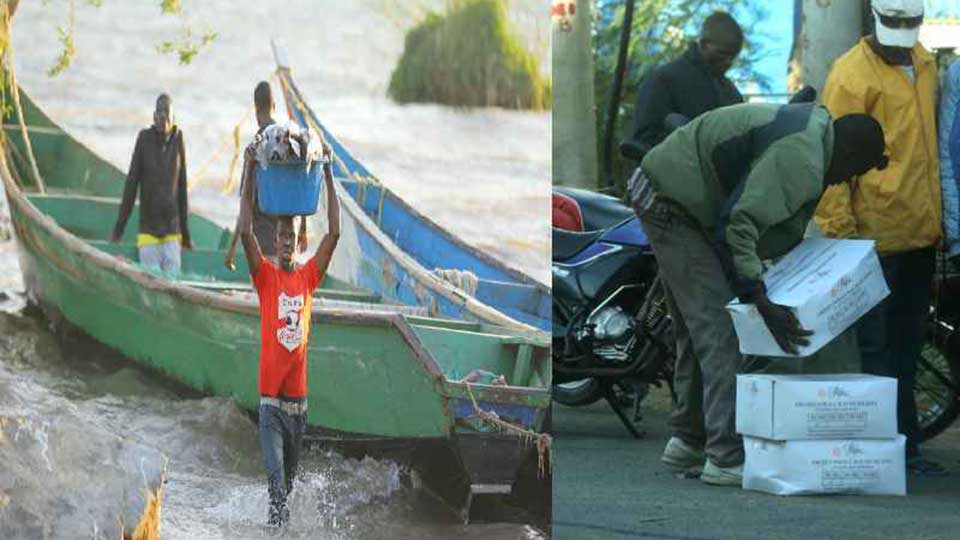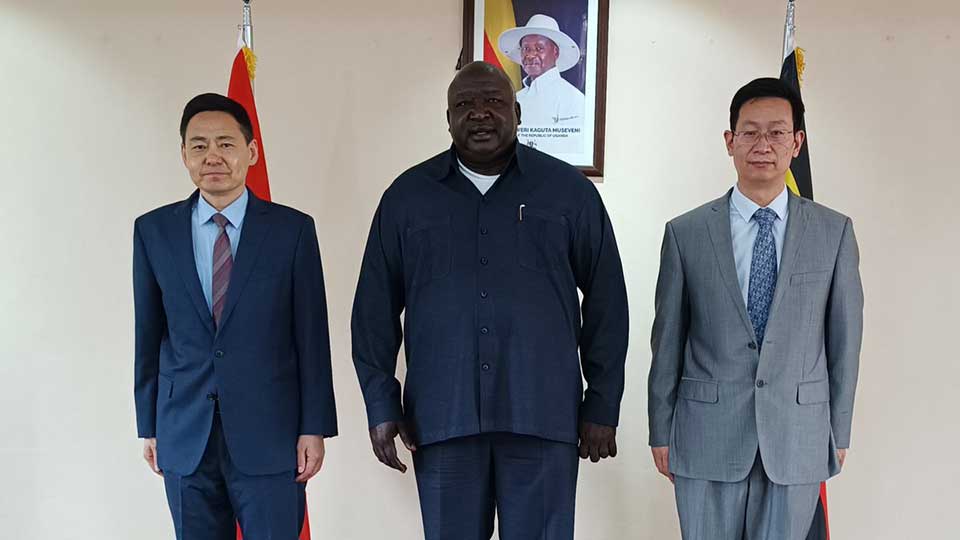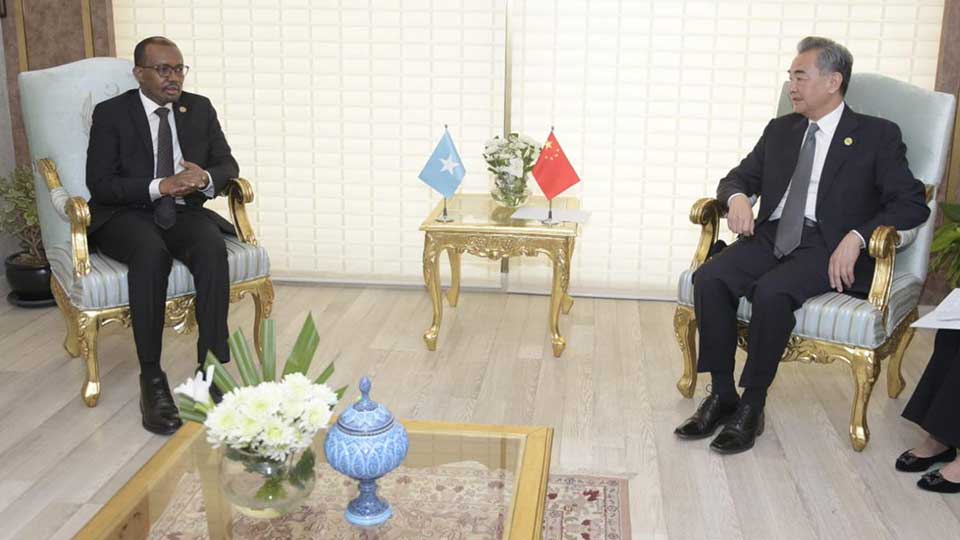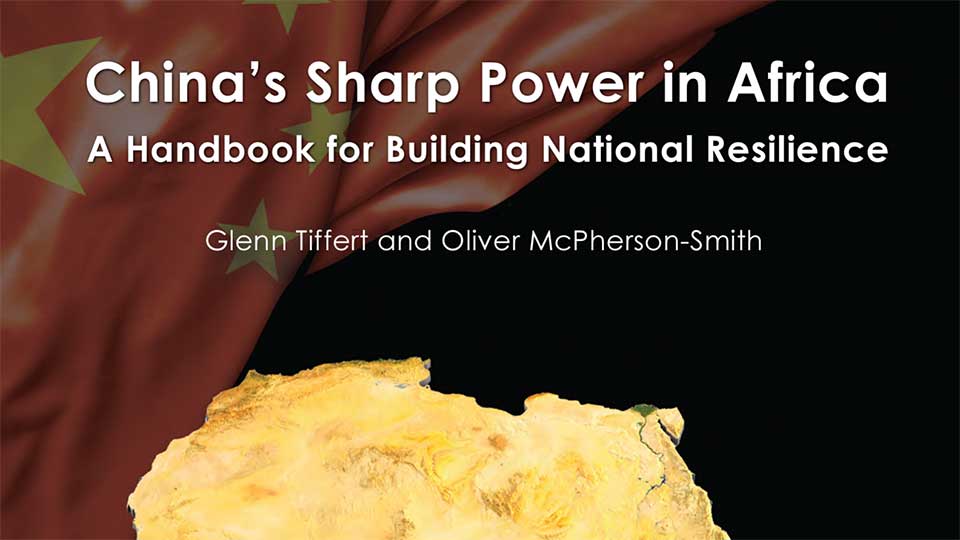Live Feed
The News Feed is curated by CGSP’s editors in Asia and Africa.
The Chinese government is trying to make the Belt and Road Initiative greener, with a new set of guidelines for overseas projects released last week by the powerful National Development and ...
China’s Australia Tensions a Win for South African Wines
South Africa doubled its exports of wine to China last year, following the souring of relations between Beijing and its biggest wine seller, Australia. While we’ve seen sporadic reports of how ...
Solomon Islands Claps Back at Australia for China Pressure
Solomon Islands Prime Minister Manasseh Sogavare hit out at critics of the Pacific Island nation’s recent security deal with China. The contract of the deal was recently ...
A Glimpse Into Communist Party Outreach to Africa
Leaders of 17 political parties from 16 African countries participated in a video conference on Tuesday hosted by the Communist Party of China (CPC). While the theme “Modernization in line ...
China Moly Back in Control of the Massive TFM Mine in the DR Congo
In a surprising reversal, the office of Congolese Prime Minister Sama Lukonde issued a statement late Monday night that suspended all legal proceedings against mining giant China Molybdenum (China Moly) and paves the way ...
Chinese-backed Asia-Africa-European Undersea Cable Makes Landfall in Kenya
Kenya’s ICT minister Joe Mucheru gleefully welcomed the arrival of the 15,000-kilometer PEACE (Pakistan & East Africa Connecting Europe) undersea cable when it came ashore in the port ...
Huawei’s Mideast-Africa Cloud Summit Wraps Up in UAE With a Warning From South Africa: Fix Your Employment Issues or Else…
The head of South Africa’s State Information Technology Agency, Luvuyo Keyise, made it clear on Tuesday that Huawei had better start hiring more local employees if it wants to continue doing business ...
Blinken’s Visit to Algeria Highlights North Africa’s Heightened Geopolitical Importance
U.S. Secretary of State Antony Blinken (photo) will cross the border from Morocco to Algeria on Wednesday where he’s to meet with President Abdelmadjid Tebboune. And the fact that this is the ...
Russian, Iranian Foreign Ministers in China For Afghan Conference
Russian Foreign Minister Sergei Lavrov landed in the eastern Chinese city of Tunxi in Anhui province on Tuesday to take part in a foreign ministers’ meeting for the seven countries ...
China Calls Out European Racism Against Non-White Refugees While at the Same Time Displaying a Bit of Chutzpah of Its Own
Chinese Foreign Ministry Spokesman Wang Wenbin criticized this week the blatant racism that’s been on display in Eastern European countries that have warmly welcomed millions of white Ukrainian refugees crossing the ...
China’s State Banks Extended No New Loans to Latin America and the Caribbean Last Year
For the second year in a row, Chinese policy banks (China Exim Bank and China Development Bank) extended no new loans to governments or state-owned enterprises in Latin America and the Caribbean (LAC).
China’s Influence a Key Theme of Senate Armed Services Committee Testimony on Latin America and the Caribbean
Threats from China are emerging as a common theme across different U.S. Commands at the U.S. Senate Armed Services Committee hearings. The issue of China’s influence in Latin America and the Caribbean (LAC)
New Guidelines Puts Green Development at the Heart of the BRI
China’s National Development and Reform Commission (NDRC), the most powerful state body overseeing economic planning, released a new set of guidelines on Monday that will shape the Belt and Road Initiative over the ...
Global Times Claps Back at Japan’s ‘Debt Trap’ Allegations
China’s government-owned nationalist tabloid Global Times has hit back at comments by Japan’s Foreign Minister Yoshimasa Hayashi (photo) that Japan will help developing countries out of China’s ‘debt traps.’ GT ...
Kenyan Professor Explains Why China, Not the West, Became Nairobi’s Creditor of Choice
When Kenya embarked on its national infrastructure development agenda back in the early 2000s, policymakers didn’t have a lot of options when it came to financing. Traditional lenders weren’t interested and the cost ...
This Year Could See a Dozen Debt Defaults Warns Top World Bank Economist
As many as twelve countries could default on their loans this year, a senior World Bank economist warned in a blog post on Monday. Marcello Estevão, the WB’s Global Director ...
China’s Minmetals Doubles Down on DRC Cobalt
The lure of greater access to the DR Congo’s vast copper and cobalt reserves is drawing more Chinese mining companies to expand their investments in the country. Mining giant Minmetals Resources on Monday ...
A Sixth Chinese Ambassador in Africa Says Farewell
Li Lianhe, China’s ambassador to Algeria, is the sixth Chinese ambassador wrapping up his tour of duty to Africa. He joins his colleagues in Burkina Faso, Rwanda, Namibia, and Gabon ...
China’s Mideast Special Envoy Visits Morocco in the Latest Stop of His Low-Key Regional Tour
China’s Special Envoy to the Middle East, Zhai Jun (left), traveled from Khartoum to Rabat late last week where he held talks with Moroccan Foreign Minister Nasser Bourtia (right) in what ...
Foreign Intervention is the Root Cause of Conflict in the Horn of Africa Says China’s Special Envoy
Foreign intervention more than anything else is to blame for the current instability in the Horn of Africa (HoA), according to Xue Bing, China’s Special Envoy for the region.
China Rallies Countries in Africa and Other Developing Regions to Bolster Its Position on Ukraine War
China is leaning heavily into its ties among developing countries to build support for its stance on Russia’s invasion of Ukraine which Beijing feels is a proxy issue for Western militarism. The issue ...
China’s Ambassador to the African Union Among the Growing Number of Chinese Envoys Rotating Out of Their Posts
China’s ambassador to the African Union, Liu Yuxi, is among the unusually large number of Chinese envoys on the continent who are rotating out of their posts this month. Liu ...
Chinese COVID Vaccine Deliveries Around the World Have Essentially Stopped
China’s once enormous global COVID vaccine distribution drive has effectively come to a halt this year, according to new data published by the public health consultancy Bridge Consulting in Beijing. ...
Frozen Imported Chinese Fish Being Passed Off as Fresh Catch in Kenya
Unsuspecting shoppers at the fish markets in the western Kenyan city of Kisumu on Lake Victoria have been buying frozen imported fish from China that’s being passed off by unscrupulous vendors as fresh ...
China’s Special Mideast Envoy Meets With Sudan Leader
Zhai Jun, China’s Special Envoy to the Middle East, met on Tuesday with the head of Sudan’s army and the leader of the October 25 military coup that plunged the country into crisis, ...
U.S. and Chinese Special Envoy Visits Raise Great Power Questions in Horn of Africa
Xue Bing, China’s Special Envoy to the Horn of Africa, is winding down his visit to the region with a two-day stop in Uganda, after visiting Eritrea, Ethiopia, Djibouti, and Kenya. His last ...
Russia Shores Up BRICS Support on Ukraine
Russian Foreign Minister Sergey Lavrov (photo, second from left) met with ambassadors of the BRICS countries earlier this week to discuss the crisis in Ukraine. The meeting formed part of Moscow’s campaign to characterize the ...
Four Different Chinese Ambassadors are Moving On
An unusually large number of Chinese ambassadors announced this week they will be leaving their posts in at least four African countries. It’s just a coincidence that so many are happening at once ...
The Increasing Closeness Between China and Somalia Raises Questions for U.S.
Somalia is emerging as a focus for China, following a meeting between Chinese Foreign Minister Wang Yi and his Somali counterpart Abisaid Muse Ali on the sidelines of the Organization of Islamic Cooperation meeting ...
If You Want to Read Bad Things About China’s Engagement in Africa, You’ll Enjoy the Hoover Institution’s New Handbook
The conservative Hoover Institution at Stanford University spent several months working with thirty civil society organizations from 24 African countries to produce a new handbook that is purportedly intended to help policymakers better ...
Introducing CGSP Intelligence
CGSP Intelligence gives you the information advantage on Chinese activities in the Global South. CGSP Intelligence is launching in Summer 2025, with analysis and a full set of data tools designed for corporate and enterprise leaders.












